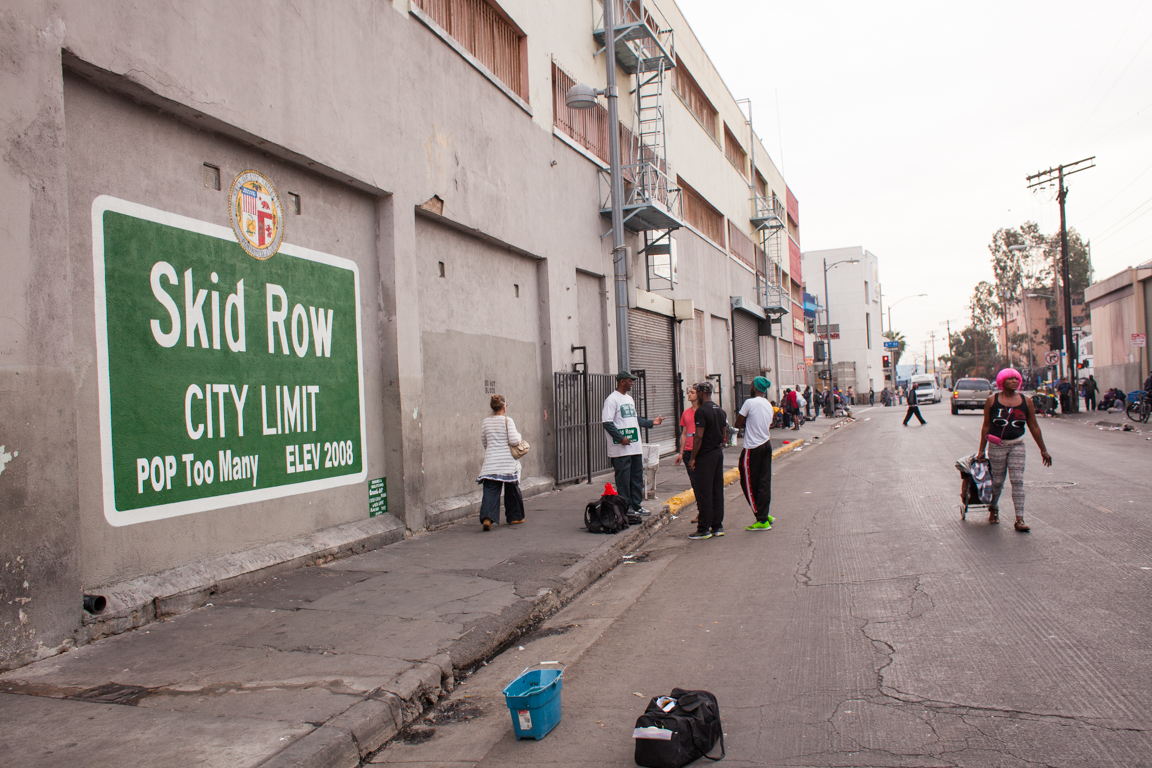Re “Mitchell Assembles Her Friends to Enjoy a Pause for Gratitude”
Mitchell states in today’s story that adult day healthcare no longer exists.
I beg to differ. A couple of weeks back, it was given a last-minute reprieve.
I did not want any elderly or families who have their elderly in state-funded day care to worry.
Here is the evidence:
New Program for People at Risk of Institutionalization, Dec. 1 Elimination Date Postponed
Oakland — Seven plaintiffs who represent a class of 35,000 low-income people with disabilities, including older adults, and the California Dept.of Health Care Services (DHCS), reached a settlement today in a federal lawsuit that challenged the state's planned elimination of Adult Day Health Care as a Medi-Cal benefit on Dec. 1, (Darling et al. v. Douglas C:09-03798 SBA ). The settlement ensures that even in these challenging economic times, critical community based services will be preserved and low income seniors and people with disabilities will avoid unnecessary hospitalization or institutionalization.
After extensive negotiations, the parties reached a compromise, which preserves ADHC-like services for people who are at risk of institutionalization, in a new program called Community-Based Adult Services Similar to ADHC, the Community program will offer center-based skilled health and nursing care, therapies, transportation and other services, to eligible low- income seniors and people with disabilities. Under the settlement, the planned Dec. 1 ADHC elimination date will be moved to Feb. 29 to ensure a seamless transition for eligible ADHC participants to the Community program, and provide time for the court to review the settlement and give final approval of the agreement.
“There are a lot of people who really need this program; said Esther Darling, 74-year-old lead plaintiff in the case, who lives alone. With the help of ADHC, she will transition to the Community program.
“I have fought to stay out of a nursing home,” she said, “and I have been able to with ADHC.”
Under the terms of the settlement, Community program will be offered through Medi-Cal managed care plans in most parts of California. The Community program will be part of the state's 1115 Medicaid waiver. It will not cap enrollment, ensuring that all eligible beneficiaries are able to receive these vital services. Current ADHC recipients who are not eligible for the Community program will receive enhanced case management to assist them to transition smoothly to other long-term care services in the community. Many of the current ADHC providers will be able to provide Community program services, thus ensuring continuity of care.
Elissa Gershon, senior attorney for Disability Rights California, said the “settlement preserves the rights of plaintiffs and class members under the Americans with Disabilities Act to continue to live in their own homes and communities, and receive the healthcare services and supports needed to remain independent. We are pleased that we were able to work with the state to maintain critical benefits for some of California's most vulnerable citizens.”
Attorney Ken Kuwayti called the settlement “a victory for recipients of the ADHC program and taxpayers. Through this settlement, California remains in step with nearly every other state in the country that offers this type of program. It is uniquely beneficial and cost-effective, providing a bundle of healthcare services in a supportive, community environment.”
The settlement resolves the entire Darling v. Douglas lawsuit filed two years ago. Plaintiffs have argued that elimination of ADHC, without adequate and appropriate replacement services, would violate the ADA and other laws, by placing tens of thousands of ADHC participants at risk of institutionalization, hospitalization, injury or death. The court issued two preliminary injunctions, stopping cutbacks in the ADHC program. The state's appeal of the second preliminary injunction is pending in the Ninth Circuit and will be withdrawn pursuant to the settlement. The U.S. Justice Dept. participated in the lawsuit by filing a friend of the court brief in the appeal, and filing two statements of interest.
Plaintiffs are represented by Disability Rights California, the National Senior Citizens Law Center, the National Health Law Program, AARP Foundation Litigation, and the firm of Morrison & Foerster LLP.
Mr. Cooper, a member of the City Council, may be contacted at Jeffrey.R.Cooper@wellsfargo.com







